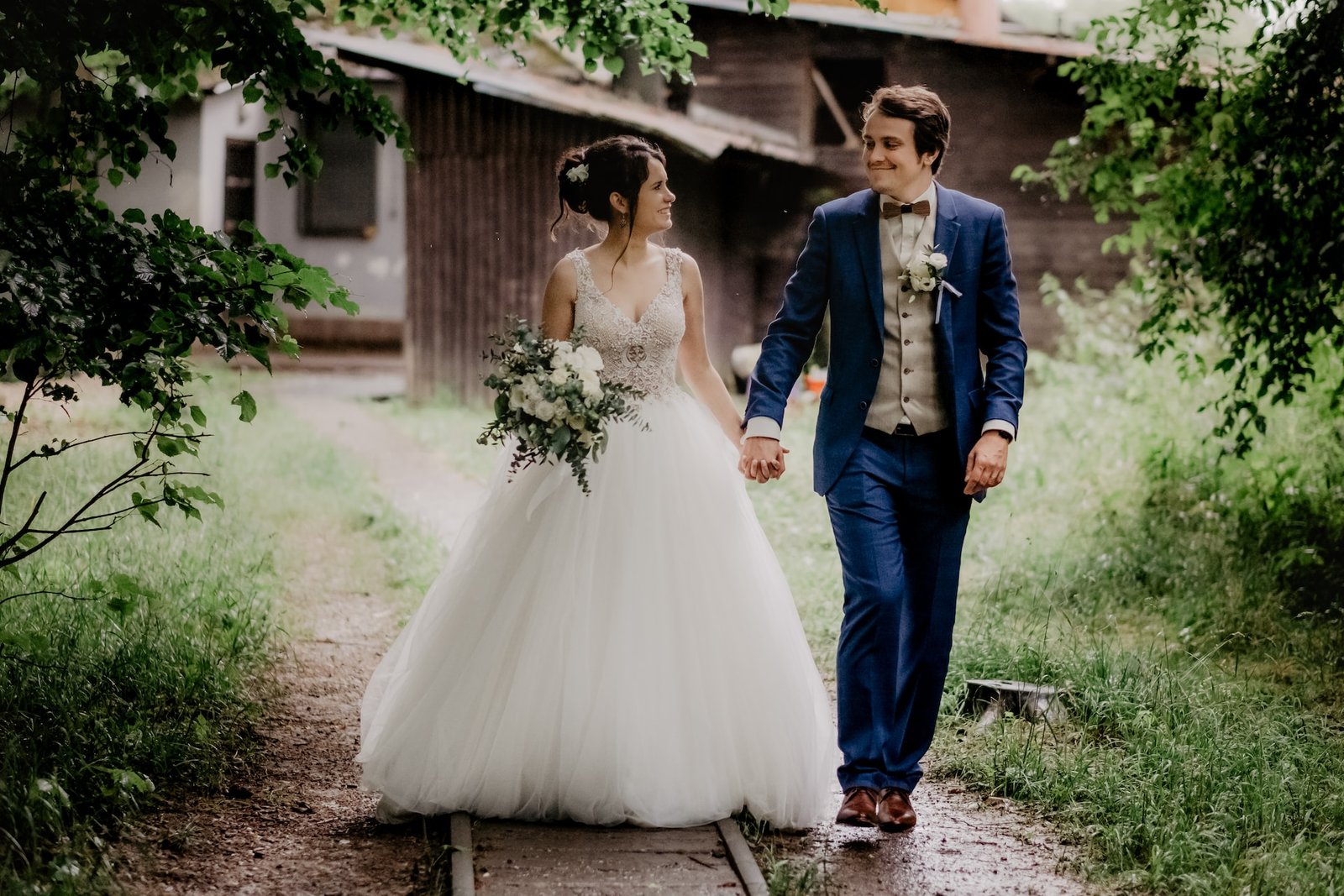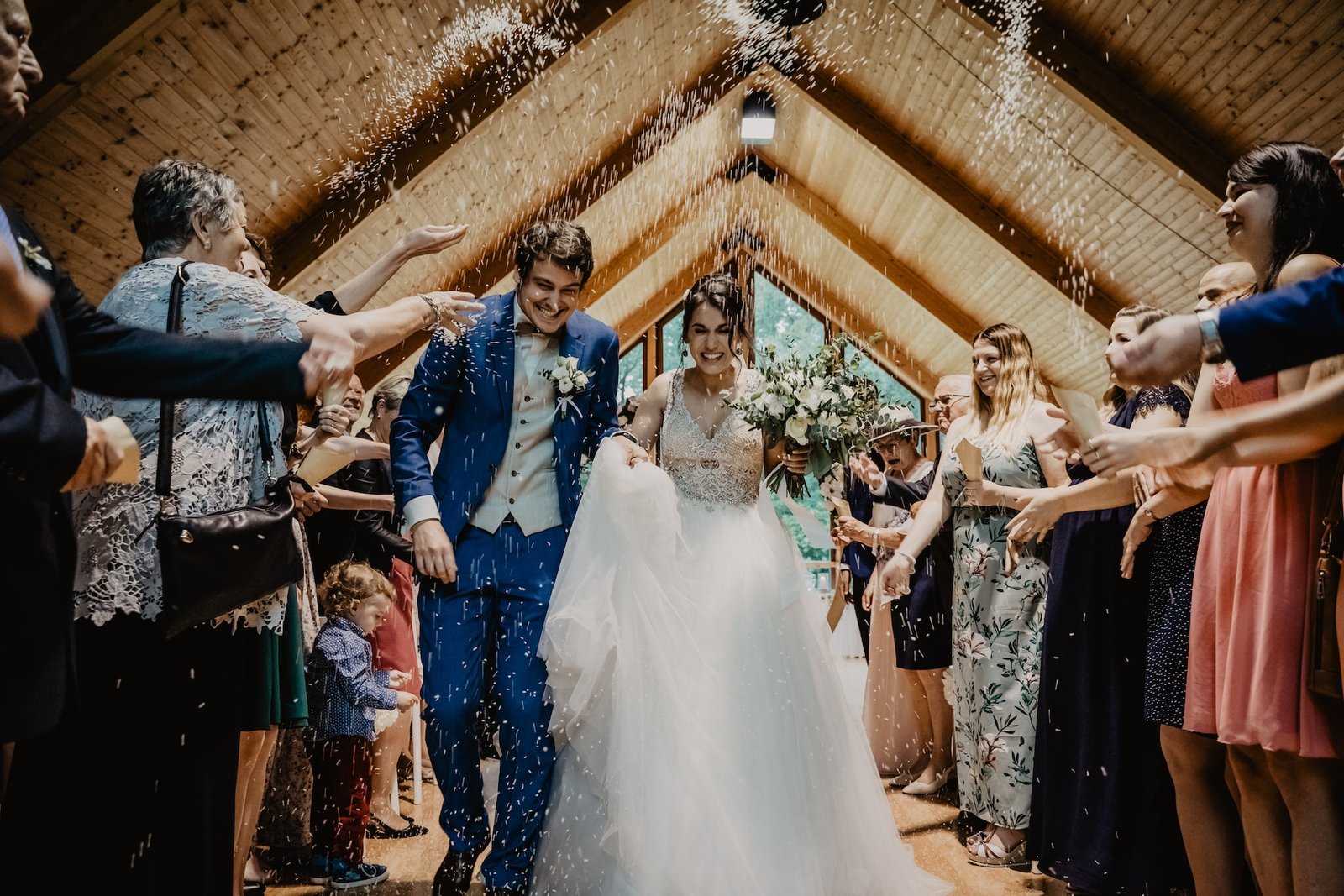If you’re planning an Indian wedding, you know that it’s not just about the bride and groom exchanging vows. Indian weddings are a celebration of love, family, culture, and tradition, and can be an elaborate and joyous affair. But with so many intricate customs and traditions involved, planning and executing a beautiful Indian wedding can be quite overwhelming. In this article, we will guide you through the essential steps of planning and preparing for an Indian wedding, from the pre-wedding ceremonies to the post-wedding celebrations.
Understanding Indian Weddings
Before diving into the planning process, it’s important to understand what an Indian wedding entails. Indian weddings are a vibrant and colorful celebration of love that can span over several days. They involve multiple pre-wedding ceremonies, the main wedding ceremony, and several post-wedding celebrations. These ceremonies are steeped in tradition and culture, with each one having its significance and symbolism.
Setting a Budget
One of the first and most critical steps in planning an Indian wedding is setting a budget. Indian weddings can be costly, with several events involved, elaborate decorations, and catering for a large number of guests. Start by determining how much you can realistically spend and allocate the funds accordingly. Having a budget will also help you prioritize your expenses and ensure that you don’t overspend on one aspect of the wedding.
Creating a Guest List
Indian weddings are often attended by large numbers of guests, from close family members to distant relatives and friends. Creating a guest list will help you determine how many people you’ll be inviting, which in turn, will help you decide on the venue and catering options. Be sure to communicate with your family members and your fiancé to finalize the guest list.
Choosing a Venue
Choosing the right venue is crucial to the success of your Indian wedding. You’ll need to consider the size of the venue, the location, the accessibility, and the availability of the dates. Popular venue choices for Indian weddings include banquet halls, hotels, and outdoor venues.
Selecting Vendors
Indian weddings require several vendors, including a caterer, florist, photographer, and decorator, among others. Choose vendors who have experience in Indian weddings and can understand and execute the customs and traditions involved. Be sure to review their portfolios, read reviews, and negotiate contracts before finalizing the vendors.
Planning the Pre-Wedding Ceremonies
Indian weddings involve several pre-wedding ceremonies, such as the engagement ceremony, the Mehendi ceremony, the Sangeet ceremony, and the Haldi ceremony. Each of these ceremonies has its customs and traditions, and you’ll need to plan and execute them accordingly. Hiring a wedding planner or a coordinator who specializes in Indian weddings can help ensure that everything runs smoothly.
Selecting the Wedding Attire
Indian weddings are known for their colorful and intricate wedding attire, with the bride and groom wearing traditional Indian garments. Choose your wedding attire based on your personal preference, the wedding theme, and the customs involved. Be sure to shop for your attire well in advance, as it can take several weeks or months to get the garments tailored and customized.
Planning the Main Wedding Ceremony
The main wedding ceremony, known as the Vivaah Sanskar, involves several customs and traditions, such as the Kanyadaan ceremony, the Saat Phere, and the Mangalsutra ceremony. You’ll need to plan and execute these customs based on your family’s traditions and customs. Hiring a Pandit or a religious priest who specializes in Indian weddings can help ensure that the ceremony is conducted according to the rituals and customs.
How to Plan an Indian Wedding: A Comprehensive Guide
Organizing a wedding can be an overwhelming task for anyone, and it becomes even more complex when it comes to Indian weddings. Indian weddings are known for their vibrant colors, elaborate rituals, and traditional customs. Planning such a big event requires careful consideration of every detail to ensure that everything goes smoothly. In this article, we’ll provide you with a comprehensive guide on how to plan an Indian wedding.
1. Start With a Budget
The first step in planning any wedding is to set a budget. Indian weddings are known for their extravagance, but that doesn’t mean you have to break the bank to have a memorable event. Discuss with your family and partner and create a budget that you can afford.
2. Determine the Guest List
Determining the guest list is another crucial aspect of wedding planning. Indian weddings typically involve inviting a large number of people, including family, friends, and distant relatives. Consider the size of your venue when creating the guest list.
3. Choose the Venue
The venue is a significant factor in determining the success of any wedding. Indian weddings often take place in banquet halls, hotels, or outdoor venues. Consider the location, size, and availability of the venue when making your selection.
4. Select the Date
The date of your wedding is a vital aspect of planning. Indian weddings usually take place during the wedding season, which runs from November to February. Choose a date that is convenient for you and your guests.
5. Book Vendors
Indian weddings involve several vendors, including photographers, caterers, decorators, and musicians. Book your vendors well in advance to ensure their availability on your wedding day.
6. Choose the Wedding Attire
Indian weddings involve several ceremonies, each with its own dress code. Choose your wedding attire, as well as the attire for your family and wedding party, based on the traditions of the ceremonies.
7. Plan the Ceremony
Indian weddings involve several rituals and ceremonies, such as the Mehndi ceremony, Sangeet, and the wedding ceremony itself. Plan the ceremonies, and ensure that each one is executed according to tradition.
8. Decide on the Menu
Food is a vital aspect of any Indian wedding. Choose a menu that caters to the tastes of your guests and offers a variety of dishes.
9. Plan the Entertainment
Indian weddings involve several hours of celebrations, and the entertainment is a crucial aspect of keeping the guests engaged. Hire musicians, DJs, or live performers to keep the party going.
10. Consider Transportation and Accommodation
Transportation and accommodation are essential aspects of wedding planning. Consider arranging for transportation for your guests to and from the venue, and provide accommodation for out-of-town guests.
11. Coordinate with the Priest
Indian weddings involve several rituals, and it’s essential to coordinate with the priest or officiant to ensure that everything is executed correctly.
12. Create a Timeline
Creating a timeline is a crucial aspect of wedding planning. Plan out the events of the day, including the ceremonies, entertainment, and meals, and ensure that everything stays on schedule.
13. Hire a Wedding Planner
If planning an Indian wedding seems overwhelming, consider hiring a wedding planner. A professional wedding planner can help you manage every detail of your wedding and ensure that everything runs smoothly.
14. Consider Photography and Videography
Photography and videography are essential aspects of any wedding. Hire a professional photographer and videographer to capture every moment of your special day.
Internal link – largeskin











